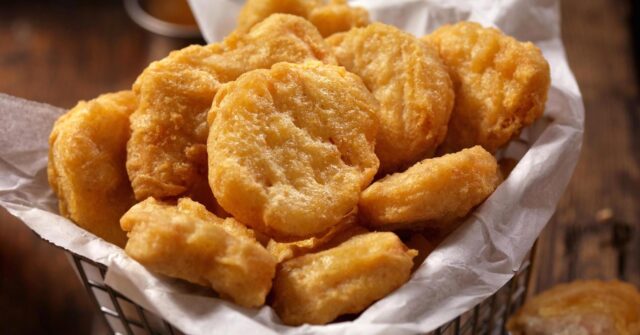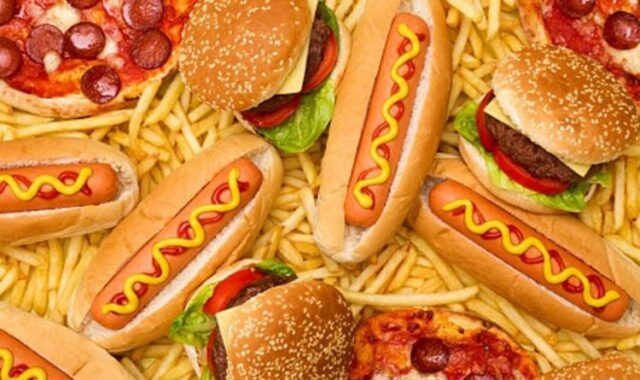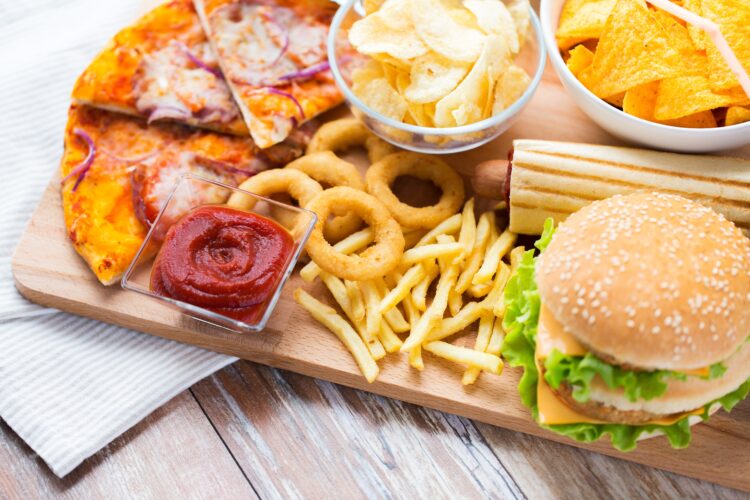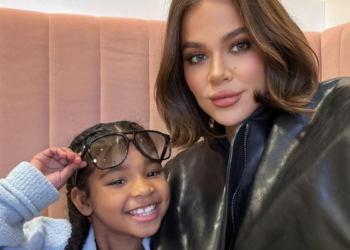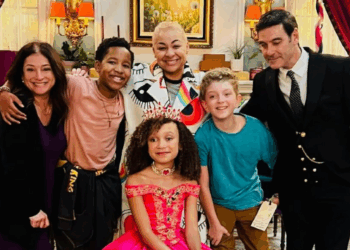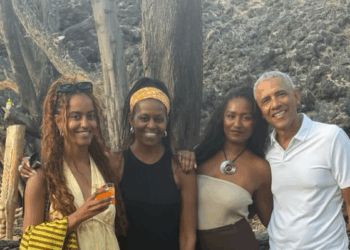Top YouTube influencers have millions of followers and make thousands of dollars to match. Many advertisers have found that utilizing these influencers to get the word out about their products is nothing less than the perfect advertising medium. From clothes, to shoes, to jewelry, vitamins, and more, influencers are marketing it all, including junk food according to a recent study.
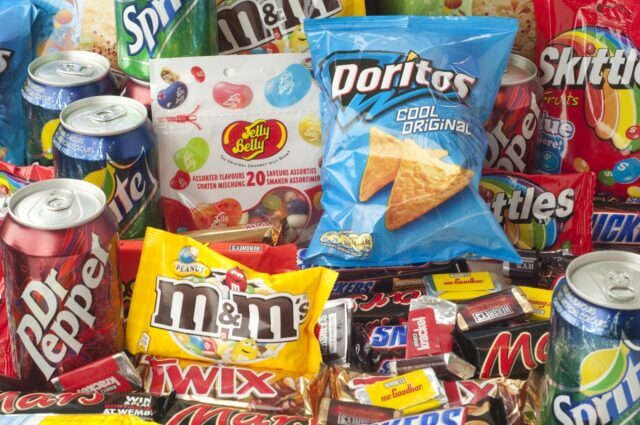
According to the new study published in the journal Pediatrics, popular YouTubers are including product placement in their videos of unhealthy foods, subliminally, and sometimes not, marketing the junk food to their peers.
“We should approach YouTube influencer videos with skepticism, even with videos that seem to be educational or kid-friendly,” said senior author Marie Bragg, an assistant professor of public health nutrition with joint appointments at New York University’s School of Global Public Health and Langone Medical Center, said in an interview for an article with CNN.
To aid them in their research, researchers studied videos of the top five most-watched influencers on YouTube in 2019 who were between the ages of three and 14-years-old. Of the 418 videos that fell within the study, researchers noted that 179 of the videos featured unhealthy food and drink 90% of the time.
“This kind of marketing is uncharted territory for families and researchers,” Bragg said in the interview. Parents “may think they’re setting their kids down to watch another kid play in their backyard,” not children promoting Chicken McNuggets for a fee.
